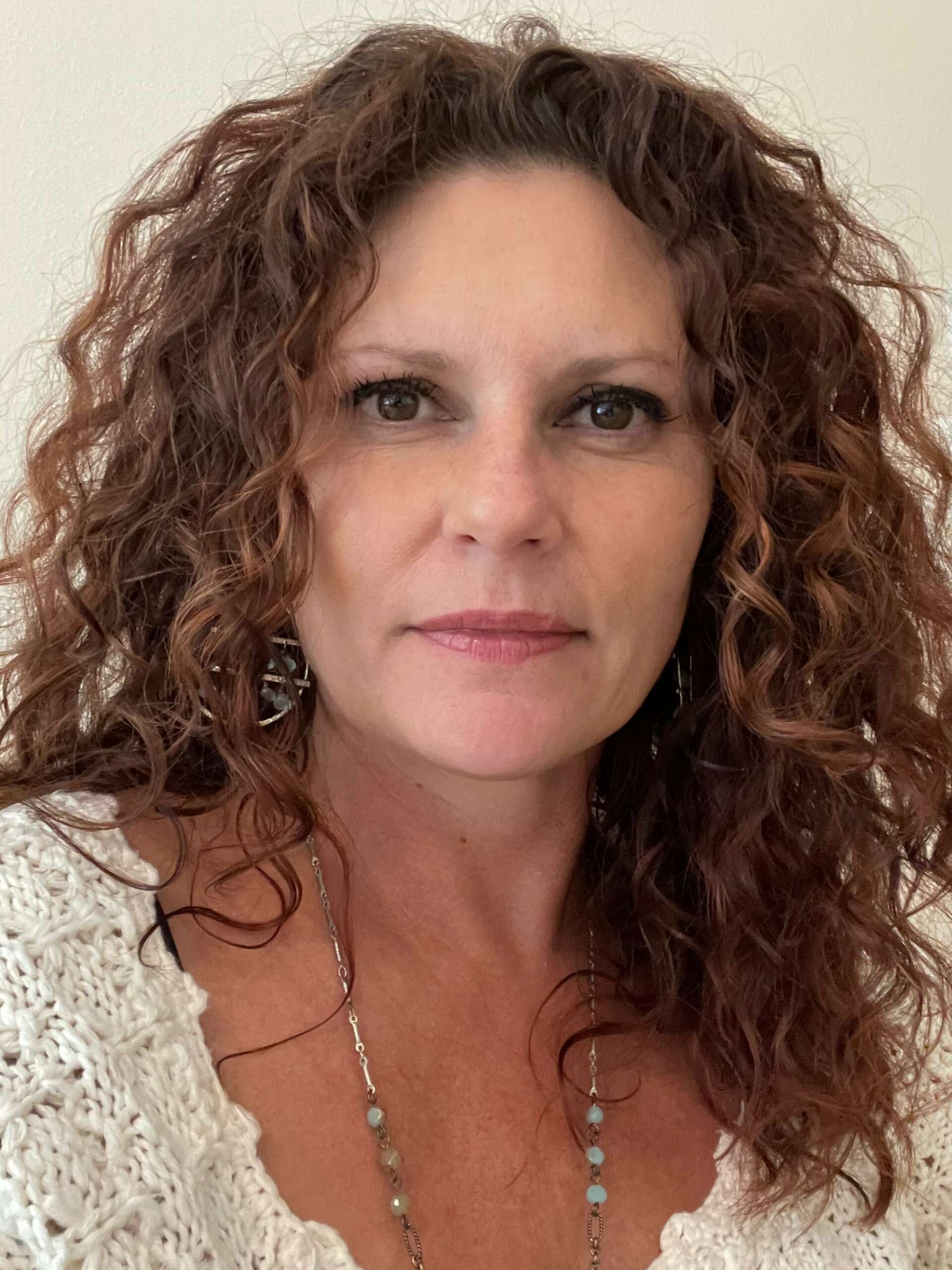Alright – so today we’ve got the honor of introducing you to Athena Phillips. We think you’ll enjoy our conversation, we’ve shared it below.
Athena, thanks for joining us, excited to have you contributing your stories and insights. We’d love to hear the story behind how you got your first job in field that you currently practice in.
I was 19 years old and really had no idea where I was going to go, professionally. I grew up poor, which has some rippling consequences, one of which can be having a fairly narrow view of possibilities for yourself. It’s hard to see what’s out there when you do not have access to basic things because your focus is really on putting one foot in front of the other. All of that is to say that at this age, I not only didn’t know what I wanted to do, I didn’t know what I could do.
That’s the backstory to my applying to a work as a receptionist at an organization that served children and young adults with developmental disabilities. I was invited to interview and I still remember the first kid that I met – his name was Shawn. He greeted me at the door and I asked him if he could direct me to the office, which he was happy to help with. As soon as I met him, I knew that whatever it was I was going to be doing, I hoped that I had the opportunity to work with the residents.
I got so lucky.
While I applied for the position as a receptionist, I was offered as a position in the activities department. So essentially, my job was to help the residents with their activities such as swimming, supporting the physical therapist in helping them work towards their goals, and going into the out into community. This was really hard work – lots of lifting and things like that. But essentially, my job was to hang out with these incredible people and support them in their independence. It was an absolute blast. I worked with people with developmental disabilities for 15 years and was inspired to pursue my degrees in the field of mental health. It was by no means a linear process, but this work opened my eyes to occupational possibilities that I didn’t even know existed.
I also learned a lot about myself in this role. I had two bosses that trusted me, believed in me, and supported me. I had no idea that I was relatively bright. I didn’t see myself as capable. They saw my strengths immediately and really taught me what I could do. I owe everything to them and to the opportunity they gave me.
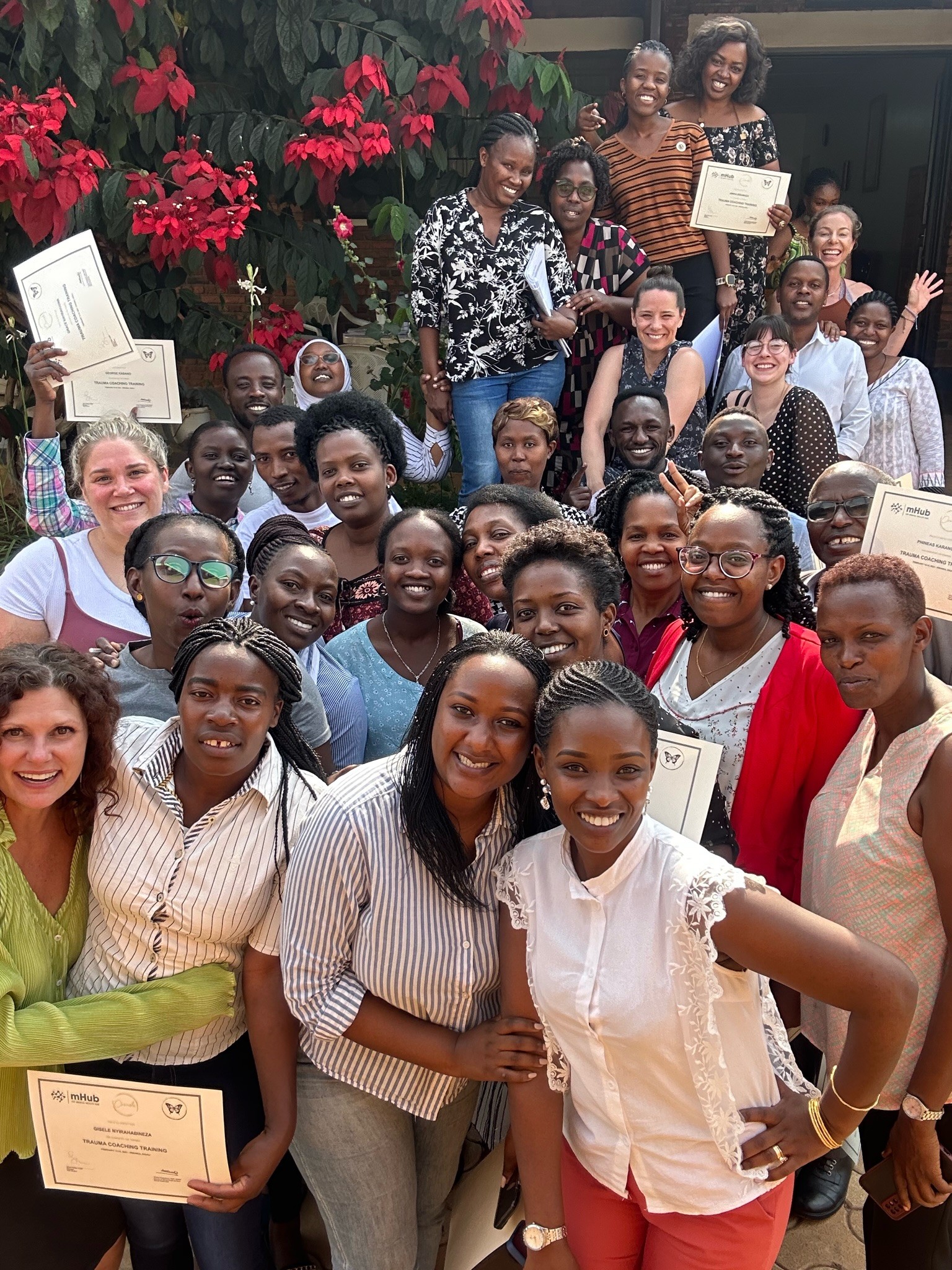
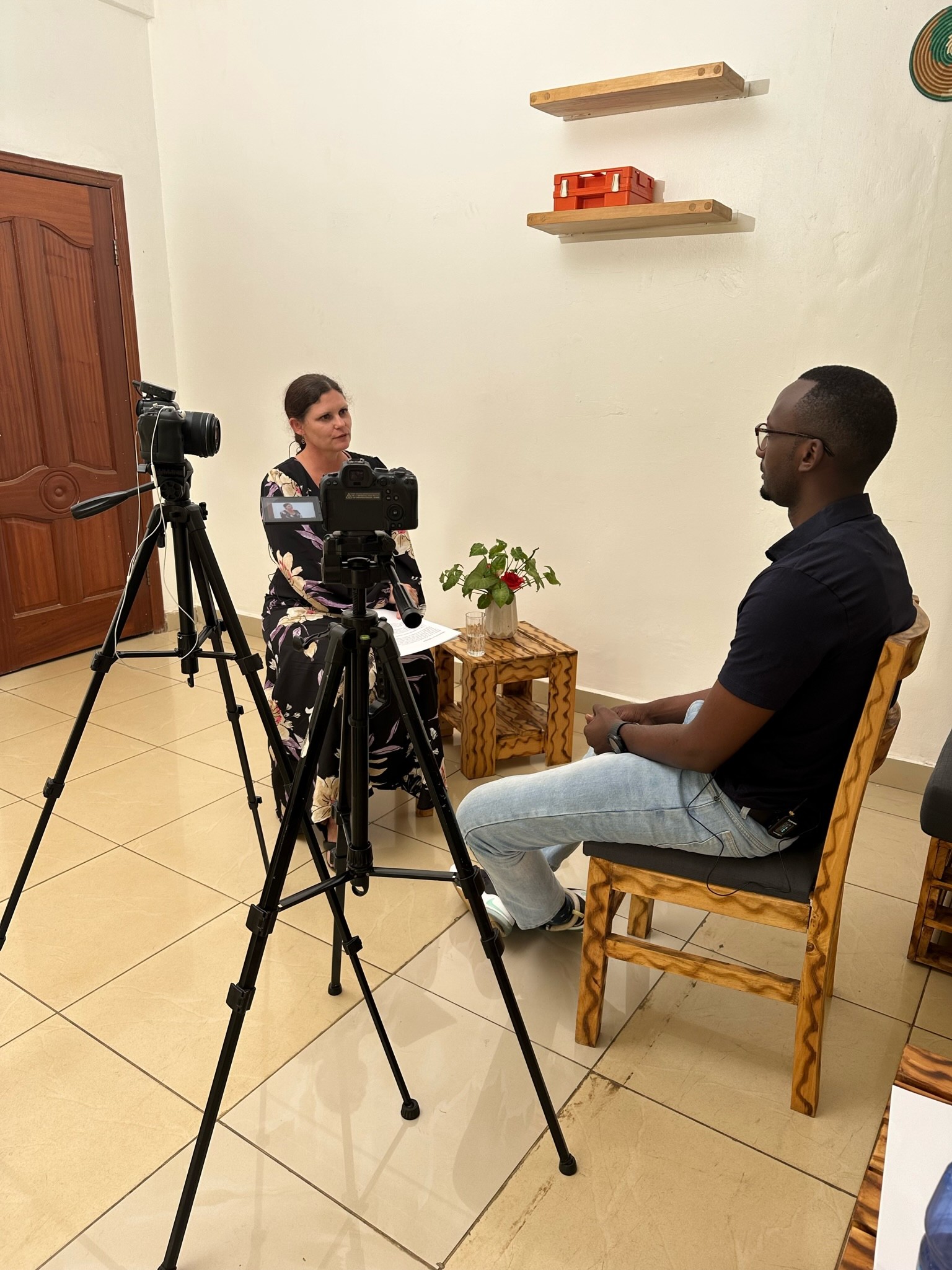
As always, we appreciate you sharing your insights and we’ve got a few more questions for you, but before we get to all of that can you take a minute to introduce yourself and give our readers some of your back background and context?
I have been in the field of social services for over 30 years now. As mentioned, I worked with people with developmental disabilities for 15 of those years. I have a masters in social work, which I completed in 2003. Since completing that degree, I have been a therapist who specializes in trauma, complex trauma, and dissociative disorders. I worked in private practice for five years before opening my clinic, Integrative Trauma Treatment Center (ITTC) in 2012. ITTC continues to serve its’ community in Portland, OR, where remain active as the founder. I carry a small caseload of clients, however most of my professional activities surround providing training, education, and consultation on the topic of dissociation.
My focus on training and education has brought to places around the world that really struggle with access to care. My own personal experience with poverty makes this experience highly relatable to me. I have felt really inspired to support area with barriers to care in building capacity in resource strained areas. In my mind, the best way to do that is through training and education.
This aspect of my career has been developing over the years since I began traveling to Rwanda, where I created and facilitated the Multicultural Trauma Training (MTT). The MTT was designed to support local professionals in building their expertise in trauma while providing western participants with a cultural immersion experience. Rwanda was a perfect location for this given its exemplary response to the 1994 genocide against the Tutsi. Rwanda has rebuilt itself as “One Rwanda” in recognition of the damage of division between people. It is now one of the cleanest and safest countries in the world. However, 25% of its’ population experiences symptoms of post-traumatic stress disorder (PTSD). The need is great and resources are few. I wanted to help expand the specialized workforce by supporting local providers in treating their communities.
I found that the MTT was really not meeting the goals I intended for it. The larger issue is that there are just not enough mental health providers available not just in Rwanda, but all over the world. The United States has its’ own shortage, so you can imagine what it might be like in resource-strained areas. What has become clear is that the idea of weekly therapy as the solution to the world’s mental health problems is really not a realistic goal. In fact, I would argue that this expectation is somewhat elitist and out-of-touch with what the majority of people can do financially and logistically.
Two things have come out of what I have learned about global barriers in access to care, the first is the Orenda Project’s Trauma Coaching Certification course and the second is ITTC’s continuing education arm, KALOS learning community.
The trauma coaching course was designed to be asynchronous and 100% remote so people from all over the world can access it in their own time. Additionally, trauma coaching is a form of “task-shifting,” which the World Health Organization (WHO) has been advocating for and studying since around 2003. Task-shifting is the delegation of certain aspects of work typically completed by those with advanced degrees to trained lay-people. The types of tasks delegated are those that do not require as much training and that can be safely administered by someone with less education. The benefits of task-shifting including expanded occupational opportunities, increased access to care, and decreasing the burden of care for specialists so they can serve a higher number of people. There are many studies out there that support the safety and efficacy of task-shifting. I wanted to create something that could address trauma given its enormous impact on physical, emotional, and social health. It’s one of those things that is highly preventable, highly treatable, and the return on investment is vast. The flip side of that coin as that by doing nothing or not enough, we pay significant intergenerational and financial costs for inaction.
The other educational project I have going on is ITTC’s continuing education platform and learning community. This platform was created to provide asynchronous and live courses to mental health professionals all over the world. The goal here is to increase access to specialized information while providing a space for underrepresented voices to expand their reach. I co-founded KALOS with my business partner, Libby DeFehr, who shares a passion for expanding access to information as well as community. KALOS also aims to decrease the isolative nature of therapy by creating a community platform for professionals to learn from and support each other. We also believe in the value of alternative perspectives that are rooted in cultural orientations to solving problems, including mental health challenges. KALOS aims to meet this needs through community, connection, and educational opportunities.
In terms of that which I am most proud of, I would say that in the past year and half I have had some really fantastic opportunities. The first is I was invited to present at the Trauma Congress in Rome, Italy where I presented on ketamine as an intervention for people with dissociative disorders. Another really great opportunity was to present our the first in our Learning through Storytelling (LTS) series, which is called Rwanda: A Portrait of Post-traumatic Growth. LTS is a training for all people interested to learn about trauma and resilience through unique cultural lenses. We produced a 30-minute documentary-style film that is combined with a traditional training that highlights Rwanda’s response to the genocide that arose out of their pre-colonial roots. We presented this at the Global Exchange Conference in Florida last fall, where I was also lucky enough to meet with Dr. Bessel van Der Kolk and Richard Schwartz!
Finally, I am currently enrolled in a PsyD program, which I expect to have completed within a year. The focus of my doctoral project is on Trauma Coaching as an innovation designed to bridge the global gap in access to specialized care.
If you’re curious, below are the links to our websites:
Orenda’s website is www.theorendaproject.org
ITTC: www.traumacenternw.com
KALOS Continuing Education and Learning Community: www.ittc-kalos.com
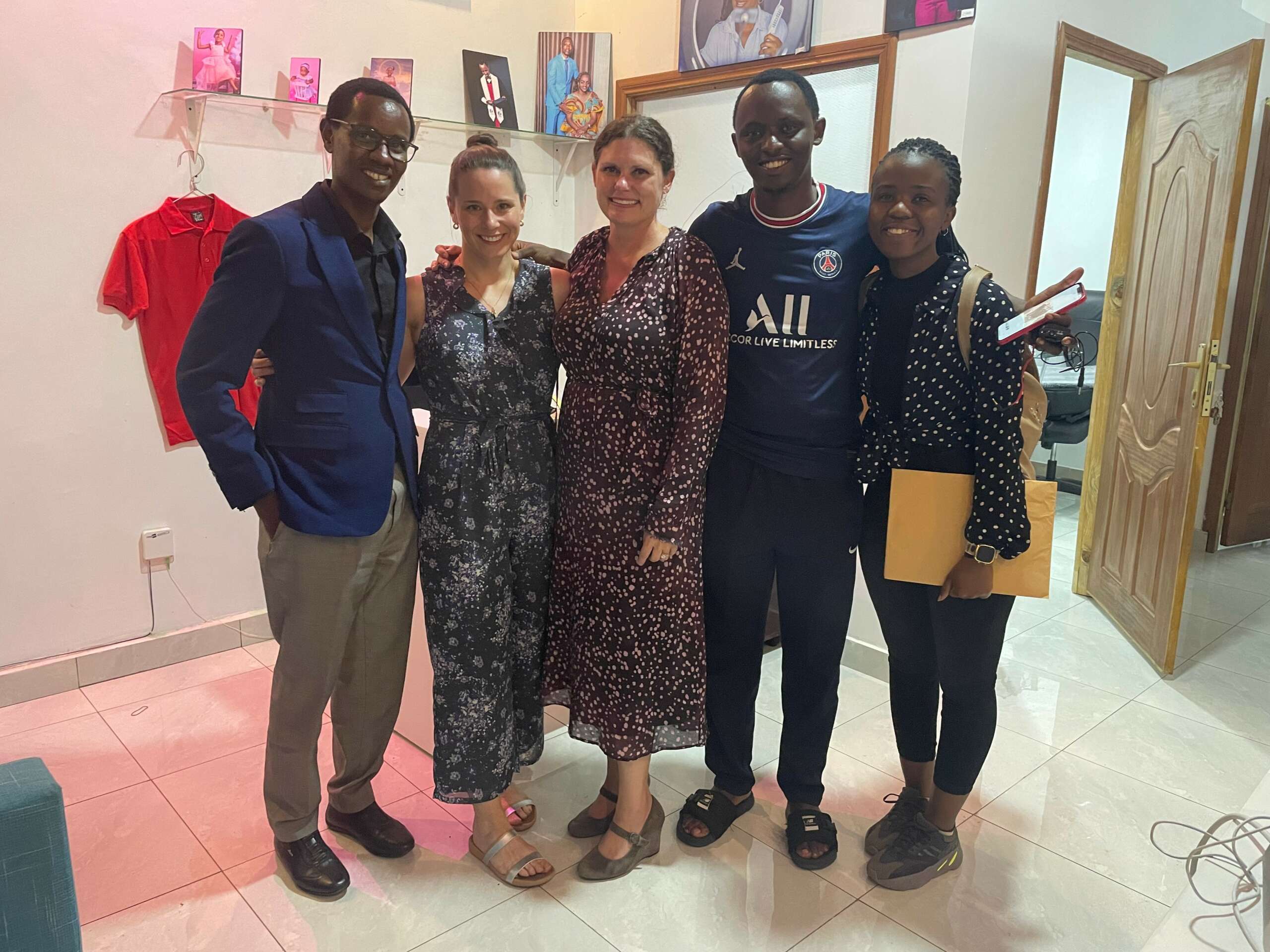
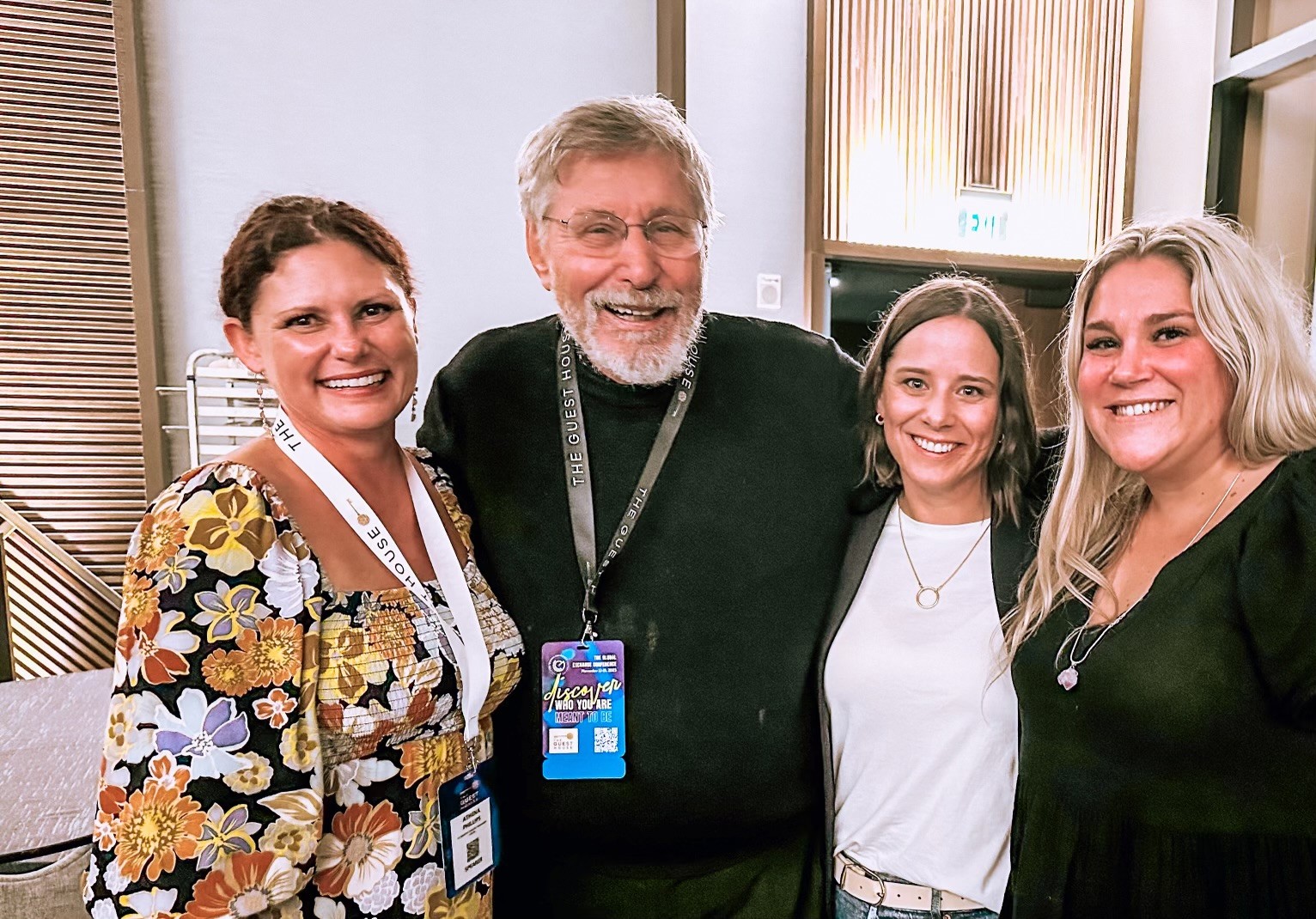
Can you share a story from your journey that illustrates your resilience?
Well, I do have quite a story of my own that has inspired my area of focus. I am not very public about the specifics of my history for a variety of reasons, the main one being to protect the privacy of other family members. What I can share is that beginning early on, things were pretty tough. I think the beginning of it was when my father was in a near fatal car accident when the truck he was driving went off a cliff because the brakes went out. I was two years old at that time and while I don’t remember the accident itself, I do remember the strain and struggle. My father survived and continues to be a steady force in my life that I am so thankful for.
A few years after the accident, my parents divorced. We moved back to California where my parents lived in separate households. We lived in an impoverished area outside of Palm Springs. Life here was often nothing short of terrifying. My sibling and I were exposed to violence within and outside of our household. Our resources were extremely scarce. It was so hot there in the summers and we did not have air conditioning. We used to shower before bed and go to bed wet to stay cool. There was exposure to the various types of abuse throughout development.
I think that resilience doesn’t occur in a vacuum, so while yes, I am resilient, I have also been supported by other people. I understand the value of opportunity and thus I pursue it when I see it. And, I have had people in my life who saw strengths and help me see them because I was blind to them. My bosses that I mentioned before were the first and most foundational in helping build my confidence. My husband has been my biggest fan for 30 years and continues to build me up. I have had teachers who pushed me, challenged me, and made me feel like I mattered. This was such a gift because I wasn’t even aware of the fact that I had assumed I was irrelevant without even knowing I assumed it. I owe my success in large part to those around me. I am so grateful for all of them.
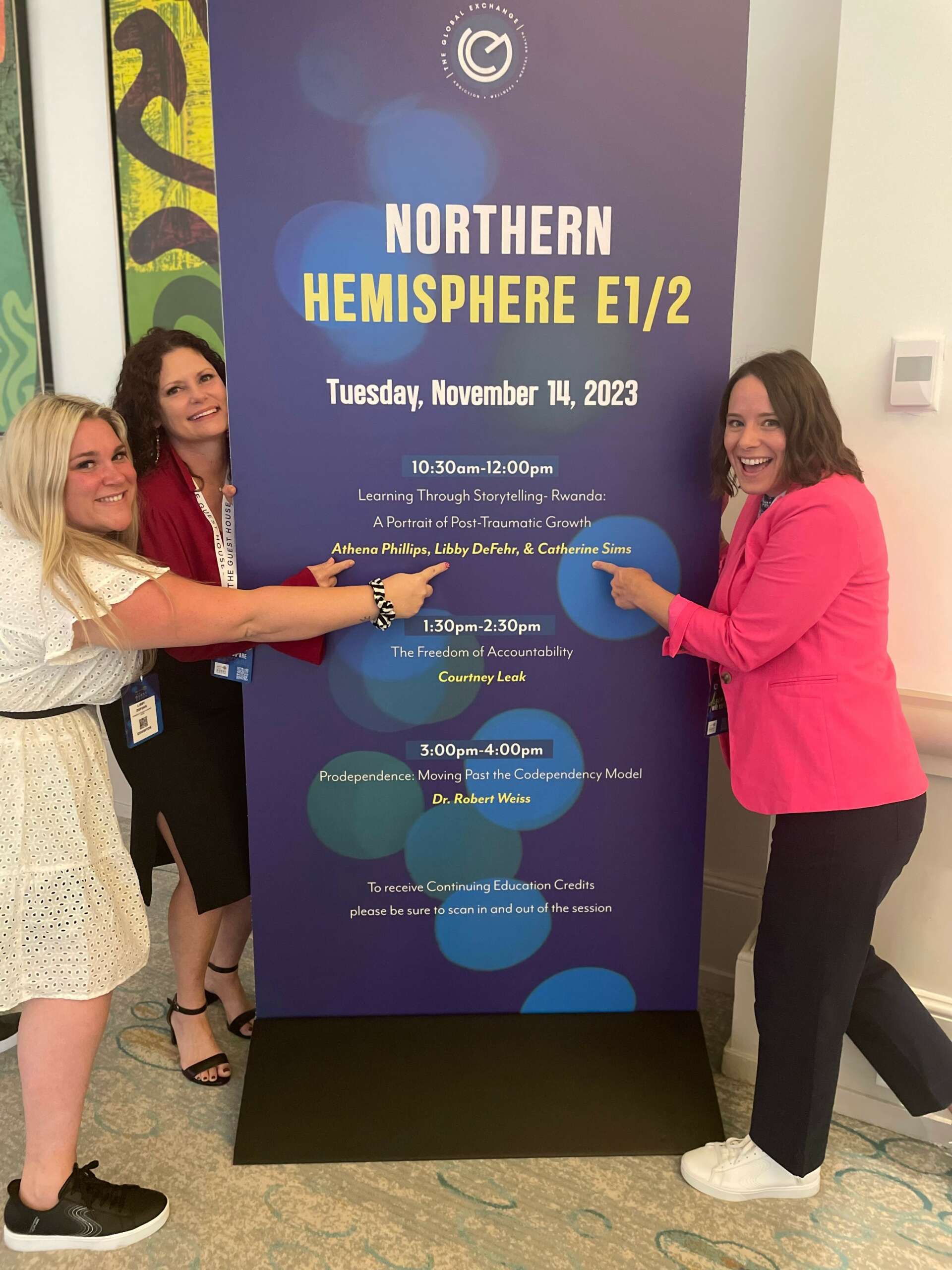
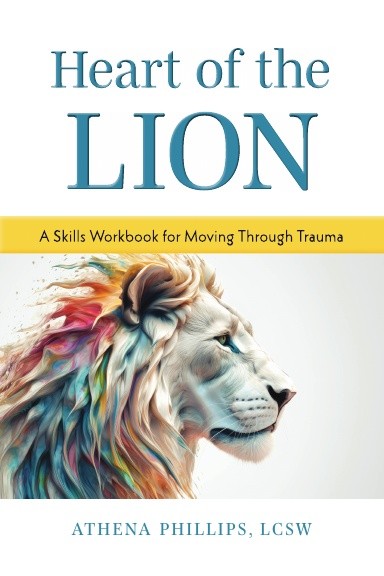
How’d you build such a strong reputation within your market?
Relationships are key. I know that I have a lot of integrity, but other people don’t know that unless they know me. Obviously I am also imperfect and make mistakes, but overall those around me know that I am motivated by the right things. The professional relationships I have built are really a part of the tapestry of my businesses in the same way that I am part of the tapestry of theirs. We are all interconnected and we all have something to offer each other. I have become quite busy over the years and thus do not have as much time to give, but I try to be generous with my time when I can be. At the same time, this has to be balanced out with time for myself, otherwise generosity can amount to unsustainability. As a therapist, business owner and educator, I see it as my duty to maintain my ability to continue my work. I can’t do that if I am giving too much, which is one of the lessons I have learned over time. But overall, building relationships builds trust. Trust is foundational to any business.
Another thing I really think is important is consistency. Whatever you do, stick to it. That doesn’t mean you can’t pivot if you need to (because as an entrepreneur you will need to be able to at some point). It does mean that keeping your appointments is important. Remaining consistent in your marketing strategies, maintaining your professional voice, and being a stable, predictable person for your team are all so important to reputation building.
Simultaneously, when people don’t get what they want or expect from you, sometimes they lash out online or in other ways. This is part of being the face of a business as well and deciding how we want to respond to those kinds of things is also an aspect of reputation management. As mental health professionals, we are not allowed to respond to public attacks on our reputation but ultimately I don’t know that doing so would do anything for one’s reputation. Again, those professional relationships really matter the most.
Contact Info:
- Website: www.theorendaproject.org
- Instagram: @orendaproj
- Facebook: https://www.facebook.com/orendaproj
- Linkedin: https://www.linkedin.com/in/athena-phillips-3121ab18/
- Youtube: https://www.youtube.com/channel/UC_UFaL21EhgV-4jzv518C0Q
- Other: My workbook Heart of the Lion is available on Amazon and at athenaphillipsbooks.com


